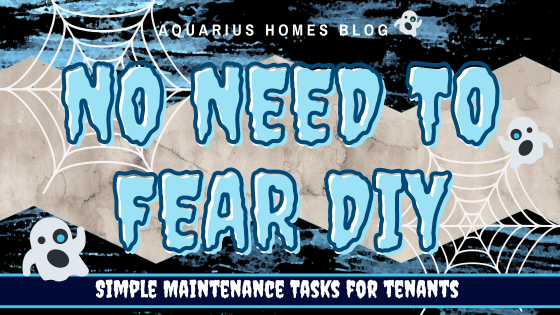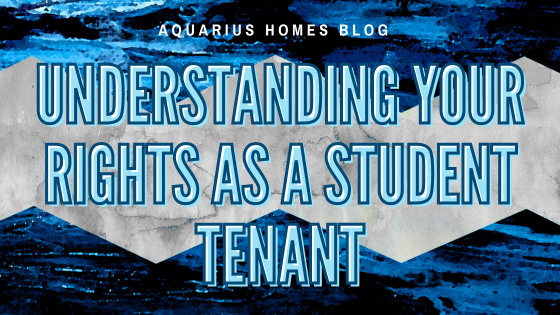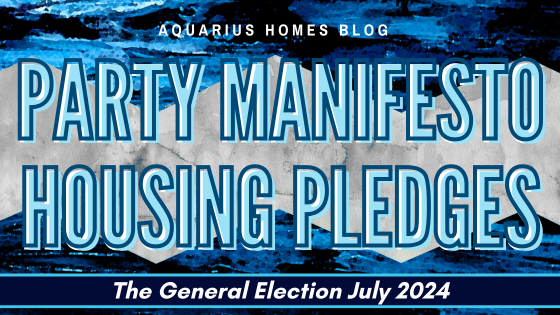Blog
- Details
- Hits: 1150
With Halloween over for another year, festive feelings are in the air, and with the big day not too far away, I think it’s fair to say that Christmas shopping needs to be started, and Christmas cheer needs to be had. So, what perfect way to kill two turkeys with one stone than to visit a local Christmas market. Read on to find details of the festive markets happening in Somerset and the surrounding areas, how many will you get to visit this year?
- Details
- Hits: 939
As a tenant your repair responsibilities in your home are pretty minimal. Typically, your obligations include using your home in a ‘tenant like manner’, promptly reporting any issues to your landlord or agent, and allowing access to your home for any repair work, whilst providing a duty of care to any tradespeople whilst they’re in your home. But let's face it - sometimes it's easier to avoid the hassle of reporting a job, waiting for arrangements, and dealing with interruptions during repairs. The good news? Maintenance doesn’t have to be scary! There are simple tasks you can tackle yourself, and we're here to show you how…if you're brave enough?
- Details
- Hits: 907
Renting a home during university will be most students first taste of being a tenant, which can be overwhelming, especially when it comes to understanding your rights and responsibilities. If you’ve been presented with a very long and boring tenancy agreement, it is hard to navigate your way through, to know what it’s asking of you, and what you can expect in return. Whether you’re moving into a house share with friends, or renting alone, it’s essential to know the basics to ensure a fair and fun experience. Read our guide below to walk you through the key points of student tenant rights.
- Details
- Hits: 1009
The summer holidays are here again, the kids have been set free for six weeks and now you need to find something to do to keep them busy! Whilst we can’t guarantee the sunshine, we can give you details of events and activities that are happening throughout the city of Bath to keep you and the kids occupied throughout August
- Details
- Hits: 1010
With only days to go until the General Election, campaigning is now in full swing. But if you’re still unsure who to vote for, we have picked out the pledges and promises each of the main parties in England have made about housing in their manifestoes. Don't forget to vote on July 4th!












